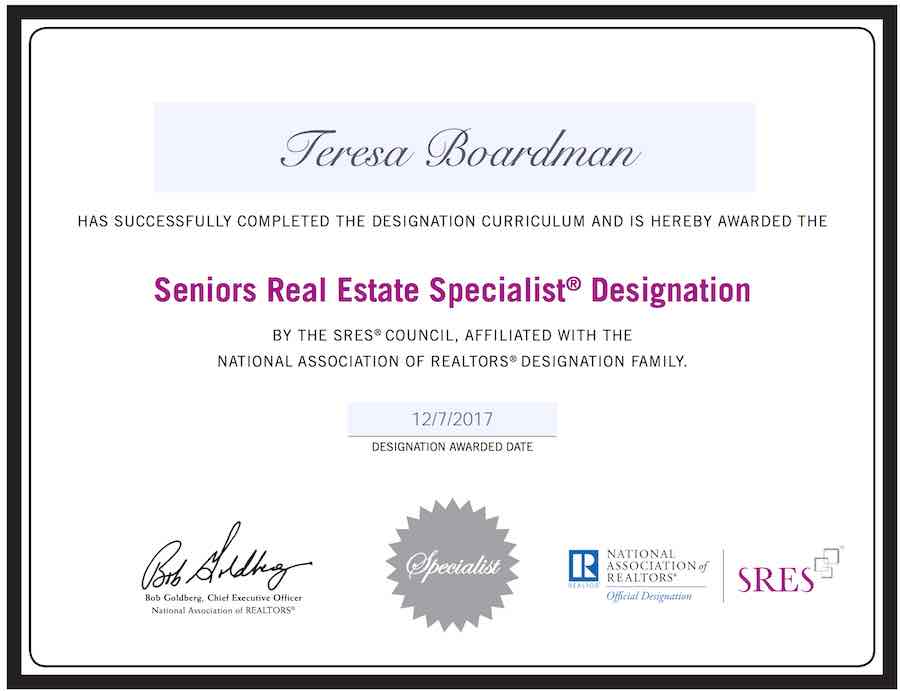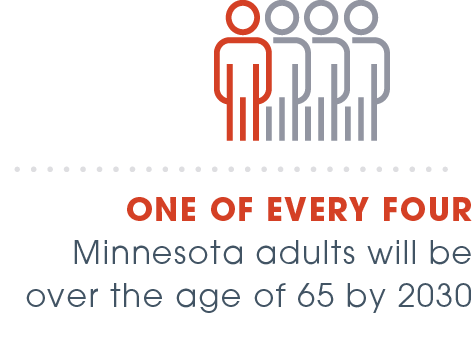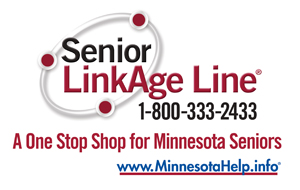 My parents rejected 55+ housing because it was often in areas that are not very walkable. When they moved at the age of 78 they chose to live in a single-level condo in the heart of the city. There was only one parking space which was fine with them.
My parents rejected 55+ housing because it was often in areas that are not very walkable. When they moved at the age of 78 they chose to live in a single-level condo in the heart of the city. There was only one parking space which was fine with them.
They enjoyed walking to the nearby park and to restaurants. They could walk to the grocery store, take a bus or a cab or even drive.
When they were in their mid 80’s driving became more difficult for several reasons that mostly have to do with how the aging process can change a body.
They often had their groceries delivered and relied on family members and taxi cabs when they needed rides to doctors’ appointments or shopping. They did most of their shopping online. It was much of a stretch. My mom often ordered items by phone from the catalogs that were around before internet shopping arrived on the scene.
Some older home buyers want the amenities that come with senior housing like exercise rooms, community rooms, and people to socialize with. My mother-in-law was quite the card player. She lived in senior housing and played cards with other residents. That was a huge part of her social life.
There is no one size fits all housing for people who are 55 to 100 years old. I think I would be the happiest if I lived close to ice cream. I live in an area where there is a lot of beer but ice cream is hard to find.




